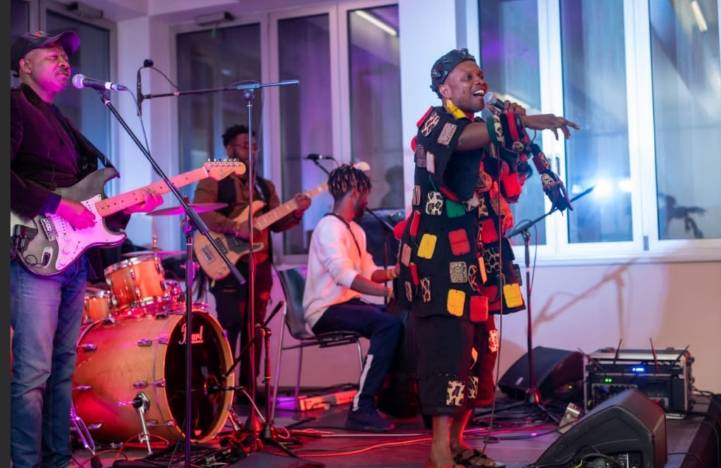The conversation about cultural authenticity in Ghanaian music has resurfaced, sparked by comments from industry experts during a recent discussion on the state of Ghana’s entertainment industry. Critics and stakeholders alike have observed a noticeable drift among many Ghanaian artistes toward Western influences, often at the expense of their unique cultural heritage.
The State of Ghanaian Music
In the past, Ghanaian music thrived on its rich cultural and traditional roots, with highlife and Afrobeat serving as global ambassadors of the country’s sound. However, the current trend indicates a shift towards genres such as trap, drill, and Afro-pop, heavily borrowing from international styles. While this has led to some success on global charts, concerns have been raised about the loss of a distinct Ghanaian identity.
Calls for Cultural Reconnection
A prominent Grammy Academy member recently voiced concerns about this issue, urging artistes to infuse more of Ghana’s cultural elements into their work. According to the expert, the global music audience craves authenticity and originality, and Ghana’s rich cultural heritage offers an unparalleled reservoir of inspiration.
“Artistes need to realize that cultural uniqueness is their competitive edge. The world doesn’t need another replica of Western sounds; it’s hungry for something fresh and authentic,†the industry leader remarked.
Success Stories of Cultural Integration
Some artistes have demonstrated that embracing cultural roots can lead to global recognition. Highlife legends like Osibisa and contemporary acts like Stonebwoy and Sarkodie have creatively blended Ghanaian rhythms with modern sounds, earning them international acclaim. Their success stories highlight the potential of leveraging cultural identity as a tool for differentiation in an increasingly saturated music market.
The Way Forward
Experts recommend that Ghanaian musicians:
Research and Revive Traditional Sounds: Dig into the diverse sounds of different ethnic groups and modernize them for contemporary audiences.
Collaborate Locally: Work with traditional musicians and cultural custodians to ensure authenticity.
Educate the Global Audience: Use music as a storytelling medium to showcase Ghana’s rich history and traditions.
Conclusion
Ghana’s music industry stands at a crossroads, with the choice to either blend in with global trends or stand out by championing its cultural identity. As the global appetite for Afrocentric sounds grows, embracing Ghanaian traditions could not only preserve the nation’s musical heritage but also solidify its place on the international stage. Artistes are now being called upon to lead this cultural renaissance—one song at a time.




No comments yet
Be the first to share your thoughts!